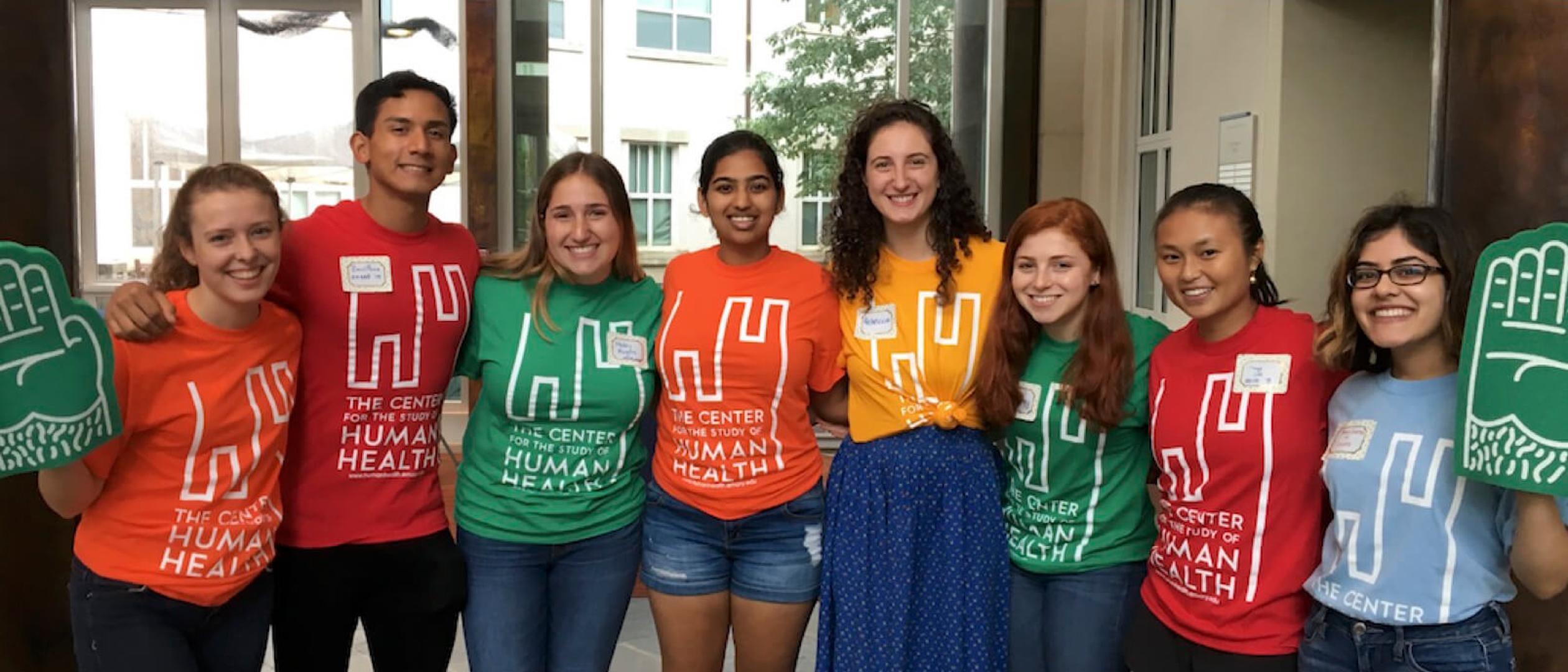
Student Opportunities
Peer Health Partners
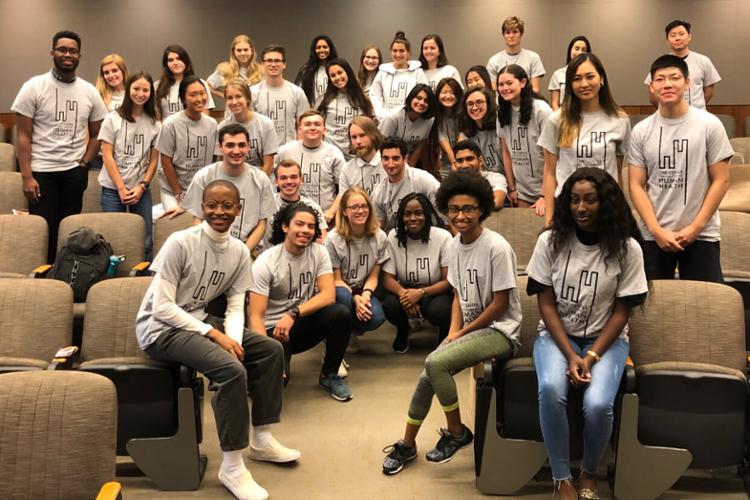 The Peer Health Partner (PHP) program encourages students to share strategic, personalized approaches to a healthy lifestyle with their peers. With mentorship from Human Health core faculty, Peer Health Partners gain essential knowledge in the science of health, experiential training in health education, and significant professional skill development. To become a PHP, students must complete Health 100 and Health 200.
The Peer Health Partner (PHP) program encourages students to share strategic, personalized approaches to a healthy lifestyle with their peers. With mentorship from Human Health core faculty, Peer Health Partners gain essential knowledge in the science of health, experiential training in health education, and significant professional skill development. To become a PHP, students must complete Health 100 and Health 200.
Faculty Advisor: Lisa DuPree
Healthy Eating Partners
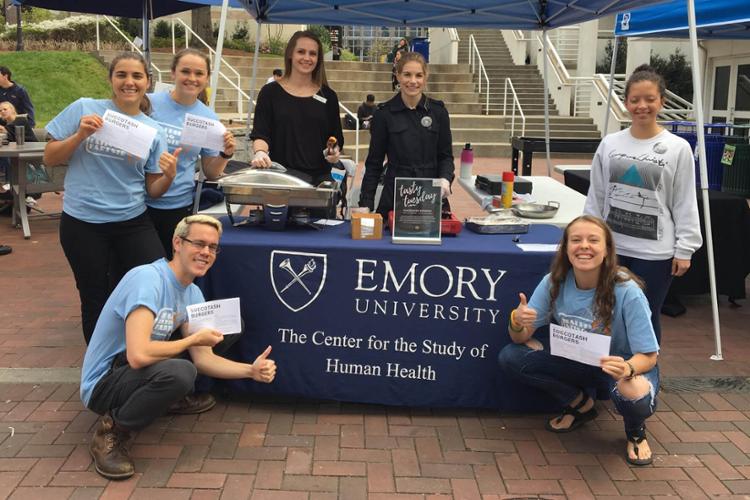 The Healthy Eating Partner (HEP) program, a collaboration between Emory Campus Dining Services and the Center for the Study of Human Health, educates, engages, encourages, and empowers students to achieve a well-balanced diet focused in health and inspired by science. Students in the HEP program translate nutrition science into practice by executing educational initiatives such as Dorm events, study breaks, recipes exchanges, movie outings, Wonderful Wednesday events and Farmer's Market booths for their peers.
The Healthy Eating Partner (HEP) program, a collaboration between Emory Campus Dining Services and the Center for the Study of Human Health, educates, engages, encourages, and empowers students to achieve a well-balanced diet focused in health and inspired by science. Students in the HEP program translate nutrition science into practice by executing educational initiatives such as Dorm events, study breaks, recipes exchanges, movie outings, Wonderful Wednesday events and Farmer's Market booths for their peers.
Faculty Advisor: Jill Welkley
News Team
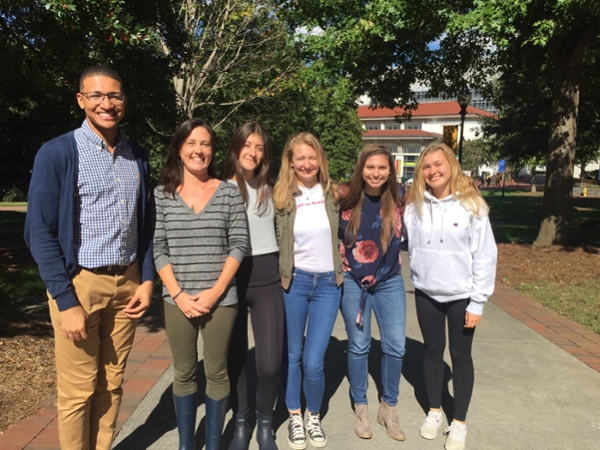 The News Team introduces students to the process of discovering and disseminating critical health-related news items. Students investigate health-related narratives, recruit supporting collaborators and contributors, and prepare stories for publication. The News Team fosters an appreciation of and develops critical thinking skills for science and health journalism, as well as allows students to gain experience with online journalism, a growing arena in the study of global health.
The News Team introduces students to the process of discovering and disseminating critical health-related news items. Students investigate health-related narratives, recruit supporting collaborators and contributors, and prepare stories for publication. The News Team fosters an appreciation of and develops critical thinking skills for science and health journalism, as well as allows students to gain experience with online journalism, a growing arena in the study of global health.
Faculty Advisor: Maryn McKenna
The Quave Research Group
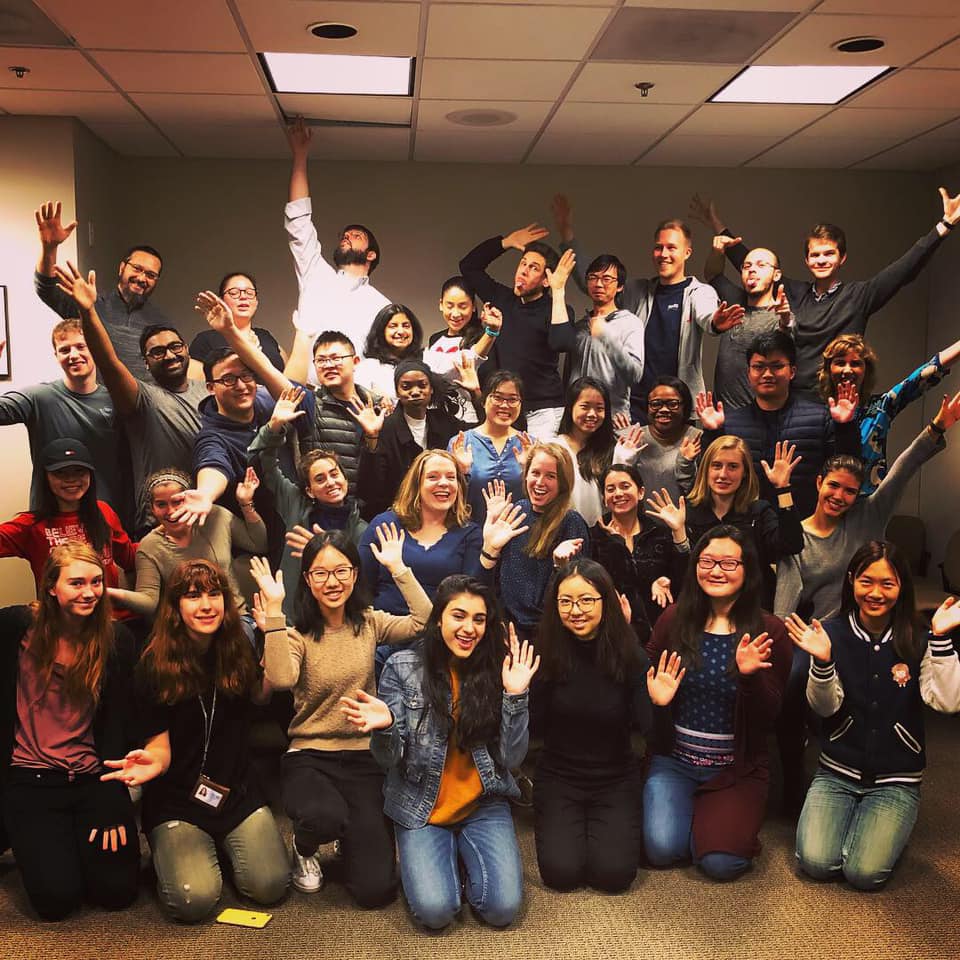 The Quave Research Group at Emory University is composed of an interdisciplinary team of scientists who are passionate about translational science geared towards the improvement of human health. Our research group takes the ethnobotanical approach to drug discovery. Ethnobotany is the study of human interactions with plants. This can include anything from the use of plants for medicine, food, shelter, construction, art, crafts, and more. The focus of most ethnobotanical research is with traditional societies that incorporate wild plants into their daily life.
The Quave Research Group at Emory University is composed of an interdisciplinary team of scientists who are passionate about translational science geared towards the improvement of human health. Our research group takes the ethnobotanical approach to drug discovery. Ethnobotany is the study of human interactions with plants. This can include anything from the use of plants for medicine, food, shelter, construction, art, crafts, and more. The focus of most ethnobotanical research is with traditional societies that incorporate wild plants into their daily life.
We study the botanical ingredients used in traditional medicines for infectious disease to discover new solutions for one of the world’s most pressing medical issues: antibiotic resistance. Our research has already shown that some medicinal plants are good sources of novel compounds that can be used to either enhance or restore the efficacy of existing classes of antibiotics.
Learn more about The Quave Drug Discovery Team here.
Educational Garden
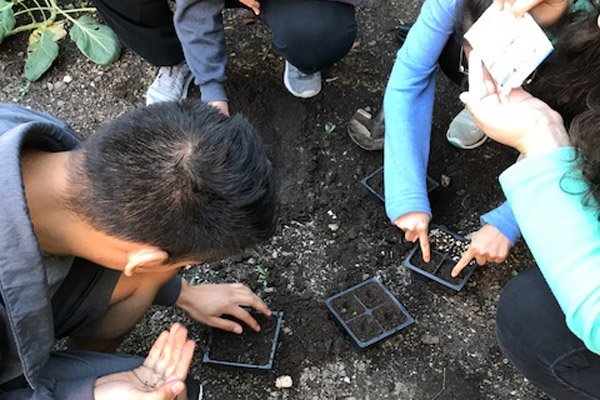 The Center for the Study of Human Health oversees one of the on-campus educational gardens as a part of Emory University’s Sustainability Project. Students help plant and tend our plot throughout the semester, acquiring a knowledge of local, seasonal, diverse, and healthy food, as well as ethnic traditions and crops from around the world. No gardening experience is necessary.
The Center for the Study of Human Health oversees one of the on-campus educational gardens as a part of Emory University’s Sustainability Project. Students help plant and tend our plot throughout the semester, acquiring a knowledge of local, seasonal, diverse, and healthy food, as well as ethnic traditions and crops from around the world. No gardening experience is necessary.
Faculty Advisor: Myra Woodworth Hobbs
Atlanta Science Festival Outreach
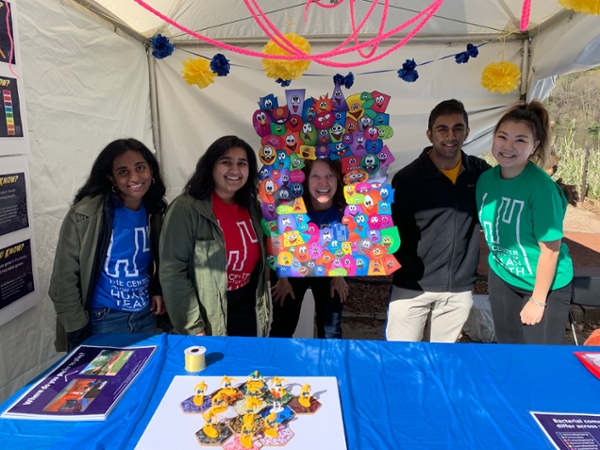 Founded by Emory University, the Georgia Institute of Technology, and the Metro Atlanta Chamber, the Atlanta Science Festival is an annual public event that celebrates the inherent integration of STEM (science, technology, engineering, and mathematics) in our lives and communities. Human Health students plan, design and implement hands-on activities that teach kids about health and well-being, with aims to inspire a new generation of curious thinkers.
Founded by Emory University, the Georgia Institute of Technology, and the Metro Atlanta Chamber, the Atlanta Science Festival is an annual public event that celebrates the inherent integration of STEM (science, technology, engineering, and mathematics) in our lives and communities. Human Health students plan, design and implement hands-on activities that teach kids about health and well-being, with aims to inspire a new generation of curious thinkers.
Visions of Health
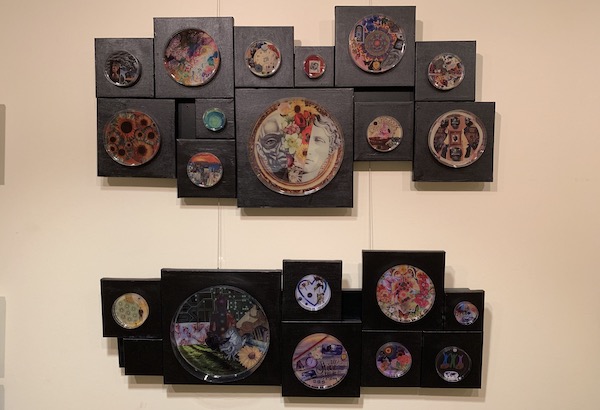 Visions of Health is a collaborative project that encourages students, faculty, and staff across Emory University to consider their own vision of health and to initiate conversations on the different perspectives. The circular artworks, reminiscent of the view through a microscope or a telescope, are mounted in petri dishes to symbolize the interconnections between the science of health and the human experience of health. The modular format allows the mural to continue evolving as new contributions are added each year.
Visions of Health is a collaborative project that encourages students, faculty, and staff across Emory University to consider their own vision of health and to initiate conversations on the different perspectives. The circular artworks, reminiscent of the view through a microscope or a telescope, are mounted in petri dishes to symbolize the interconnections between the science of health and the human experience of health. The modular format allows the mural to continue evolving as new contributions are added each year.
Faculty Advisor: Amanda Freeman
Health & Humanities Book Club
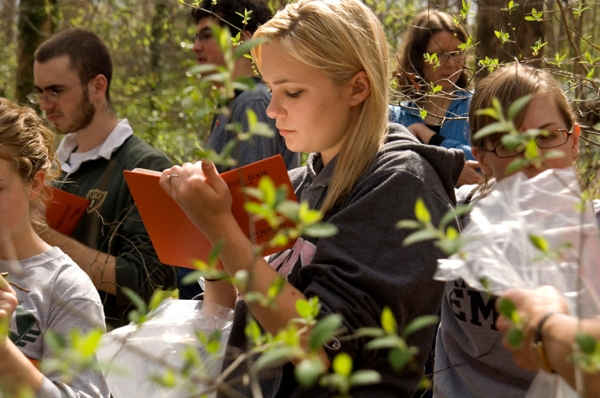 The Health + Humanities Book Club, led by literary scholar Chris Eagle, Ph.D., examines fictional works featuring issues of health, illness, and embodiment. Each gathering centers on a single short story, which students intensively review and discuss in an informal social forum. At present, the group is exploring the works of Mary Flannery O'Connor, an award-winning novelist and essayist from Savannah, Georgia.
The Health + Humanities Book Club, led by literary scholar Chris Eagle, Ph.D., examines fictional works featuring issues of health, illness, and embodiment. Each gathering centers on a single short story, which students intensively review and discuss in an informal social forum. At present, the group is exploring the works of Mary Flannery O'Connor, an award-winning novelist and essayist from Savannah, Georgia.
Faculty Advisor: Chris Eagle